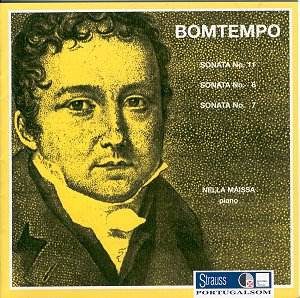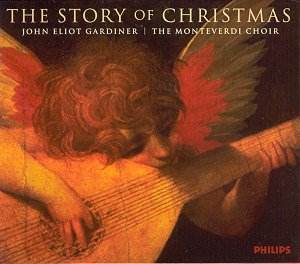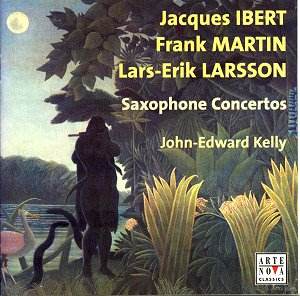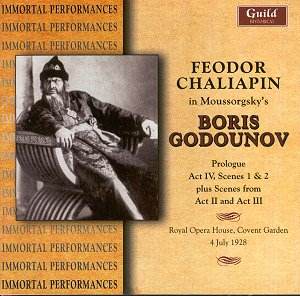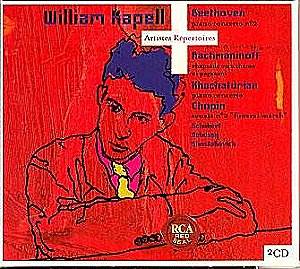 Composer: William Kapell
Composer: William Kapell
Works: Beethoven: Piano Concerto No. 2 in B Flat, Op. 19; Schubert: Moment musical in F minor, D.780, No.3; Waltzes, D.145, Nos. 2 in B, and 6 in B minor; Waltzes, D.365, Nos. 26 in E, 32 in F, and 34 in F; German Dances, D. 783, Nos. 6 in B flat, 7 in B flat; Ländler, D.734, No. 1 in G and 2 in D; Impromptu, D.935, No. 2 in A flat; Debussy: Children’s Corner; Shostakovich: Three Preludes, Op. 34; Chopin: Piano Sonata No. 2, Op. 35; Khachaturian: Piano Concerto; Rachmaninov: Rhapsody on a Theme of Paganini, Op. 43
Performers: William Kapell (piano), NBC Symphony Orchestra, Vladimir Golschmann (Beethoven), Boston Symphony Orchestra, Serge Koussevitsky (Khachaturian), Chicago Symphony Orchestra, Fritz Reiner (Rachmaninov)
Recording: 1946, with various solo works recorded in 1949, 1952, and 1953 (Schubert), 1950 and 1951 (Debussy), 1945 (Shostakovich), 1953 (Chopin), 1946 (Khachaturian), and 1953 (Rachmaninov)
Label: NAXOS
William Kapell, an American pianist whose artistry flourished in the mid-20th century, offers a compelling window into the classical repertoire through this compilation. Known for his vibrant interpretations and technical prowess, Kapell’s recordings from the 1940s and 1950s capture a pivotal moment in music history, reflecting a blend of Romantic expressiveness and emerging modernity. This collection, assembled by Naxos, provides an extensive survey of his contributions to major works by composers such as Beethoven, Schubert, and Rachmaninov, revealing both the nuance of his artistry and the historical context in which he performed.
The opening track, Beethoven’s Piano Concerto No. 2, showcases Kapell’s deft touch and vivid dynamic contrasts under the direction of Vladimir Golschmann. The orchestra’s accompaniment is full-bodied yet transparent, allowing Kapell’s lyrical phrasing to shine through, particularly in the second movement’s adagio. His interpretation is marked by a youthful exuberance that enhances the dialogue between soloist and orchestra without sacrificing depth. Notably, his use of rubato adds a personal touch that feels both spontaneous and meticulously considered, a hallmark of his style. The recording quality, while reflective of its time, maintains clarity, especially in the delicate passages where Kapell’s fingerings articulate the intricate ornamentation with precision.
As we traverse through Schubert’s charming Moment musical and various Waltzes, Kapell’s ability to infuse simple melodies with profound emotion becomes apparent. His phrasing is particularly noteworthy in the Moment musical, where he balances the work’s inherent melancholy with moments of buoyancy. The sound engineering allows the warmth of the piano to resonate, enhancing the lyrical qualities that are so crucial to Schubert’s music. In contrast, Debussy’s Children’s Corner finds Kapell navigating the impressionistic textures with remarkable sensitivity, deftly capturing the whimsical character of pieces like “Dr. Gradus ad Parnassum.” The clarity of his articulation contrasts beautifully with the more fluid passages, showcasing his technical command.
Khachaturian’s Piano Concerto, recorded under Serge Koussevitsky’s baton, reveals Kapell’s flair for rhythmic vitality, a crucial element in this work’s infectious energy. His interpretation is vigorous, yet he balances this with moments of introspection that add a layer of complexity to the performance. The orchestral support is energetic, yet it remains a formidable presence, allowing Kapell’s virtuosic passages to cut through with brilliance. Rachmaninov’s Rhapsody on a Theme of Paganini concludes the collection with a performance that brims with passion. The famous 18th variation is particularly striking; Kapell’s ability to weave a lyrical line amidst the ornate embellishments is a testament to his interpretative skill.
The sound quality across the recordings is generally commendable, with some variance inherent in the age of the material. Nonetheless, Naxos has done well to provide a remastered experience that allows Kapell’s artistry to resonate with contemporary listeners. His interpretations, while firmly rooted in the traditions of his time, possess an urgency and freshness that continue to engage.
This compilation stands as a vital tribute to William Kapell, encapsulating not only his technical abilities but also his deep emotional connection to the music. The breadth of repertoire here, ranging from Beethoven to Rachmaninov, highlights his versatility and commitment to the art form. Kapell’s recordings invite listeners to experience the vibrancy of mid-20th-century classical music, reminding us of the timeless nature of these works and the artist’s enduring legacy. This collection is not merely a historical artifact but a living testament to the power of interpretation in classical music.
